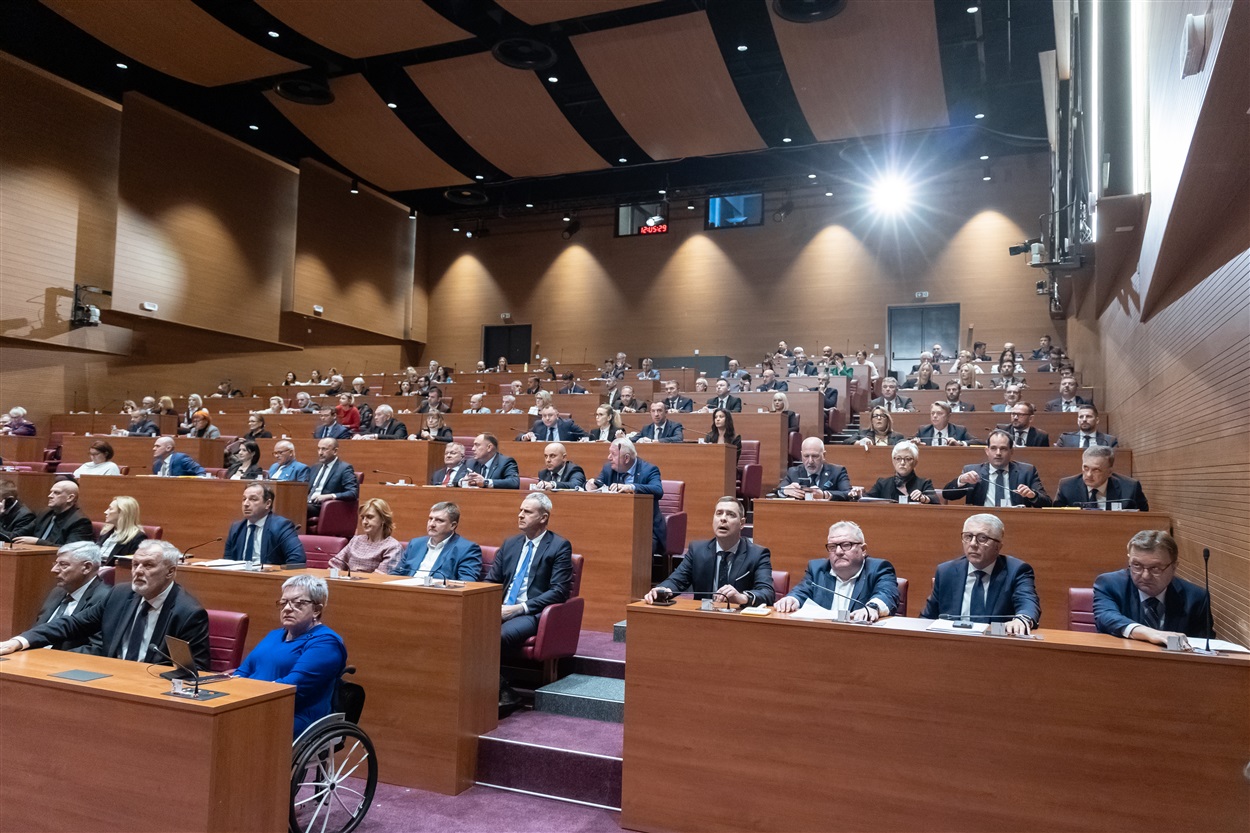
Zagreb - Payment terminals, ATMs, ticket machines and other services will need to be made accessible to people with disabilities and those with reduced mobility, according to a bill on accessibility requirements for products and services that was supported by a majority of MPs on Thursday.
Responding to a question from Istrian Democratic Party MP Boris Piližota regarding the accessibility of websites and mobile applicationss, the state secretary at the Ministry of Labour, Pension System, Family and Social Policy, Margareta Mađerić, said one of the primary goals of the new law was to ensure equal access for all individuals in Croatia and other EU member states, regardless of their disability.
Mađerić dismissed concerns raised by MP Ivica Ledenko (Bridge) that the private sector might struggle to implement the law, explaining that there will be sufficient time for adaptation.
She said the aim of the law was to create a more inclusive society and enable greater independence for people with disabilities and reduced mobility.
691,064 people with disabilities in Croatia
Mađerić said that, according to the national registry, 691,064 people with disabilities live in Croatia, representing 18% of the population.
She added that the law transposes the relevant 2019 EU Directive, a key document following the obligations assumed by the EU and its member states upon ratifying the UN Convention on the Rights of Persons with Disabilities.
The law is being fast-tracked so that it can come into effect on 28 June, when its implementation is expected across all EU member states.
Most MPs underlined the importance of easing daily life for people with disabilities. Irena Dragić (Social Democratic Party) said that while the law promised improvements, it failed to introduce significant penalties for non-compliance.
“The way we are passing this law shows that, as a society, we have not fully recognised the needs and problems faced by people with disabilities. We are not genuinely focused on solving the real and serious issues they live with,” Dragić said, announcing that the SDP will abstain from voting on the bill.
Ljubica Lukačić of the ruling HDZ called on MPs to support the bill and then assess, in their own local communities, what has actually been done for people with disabilities.